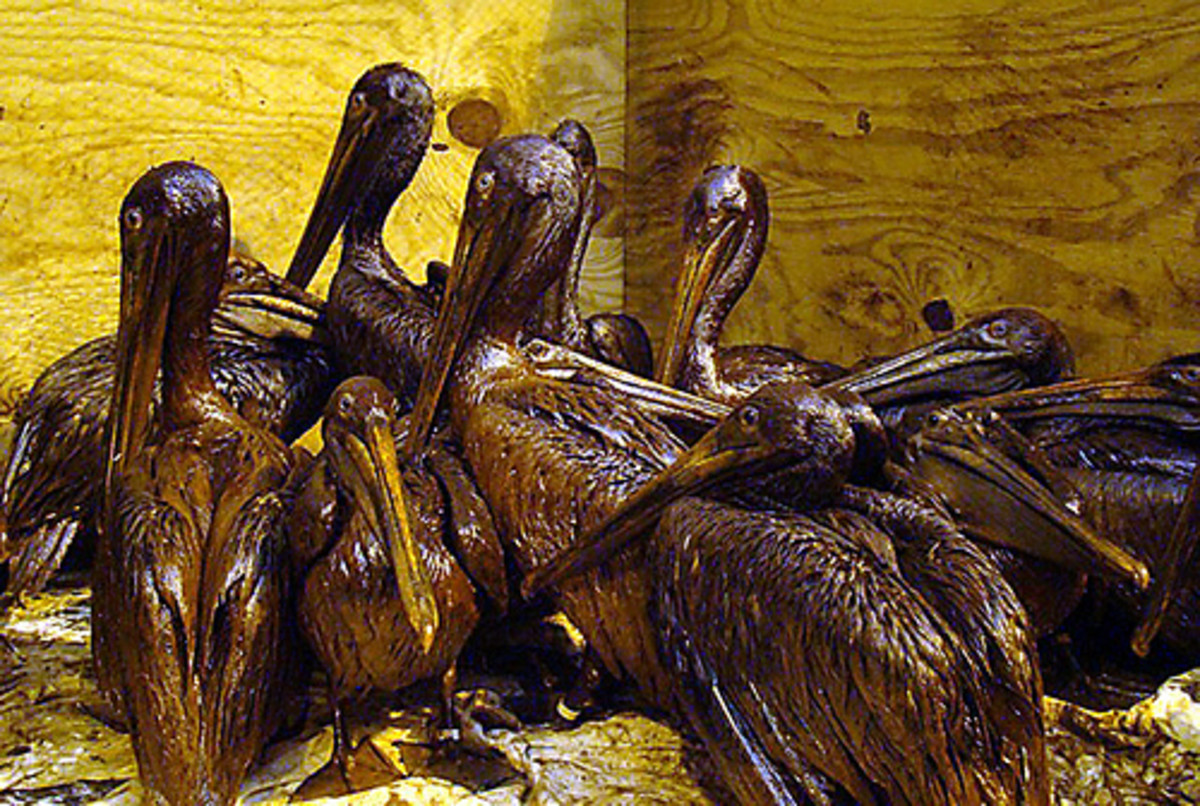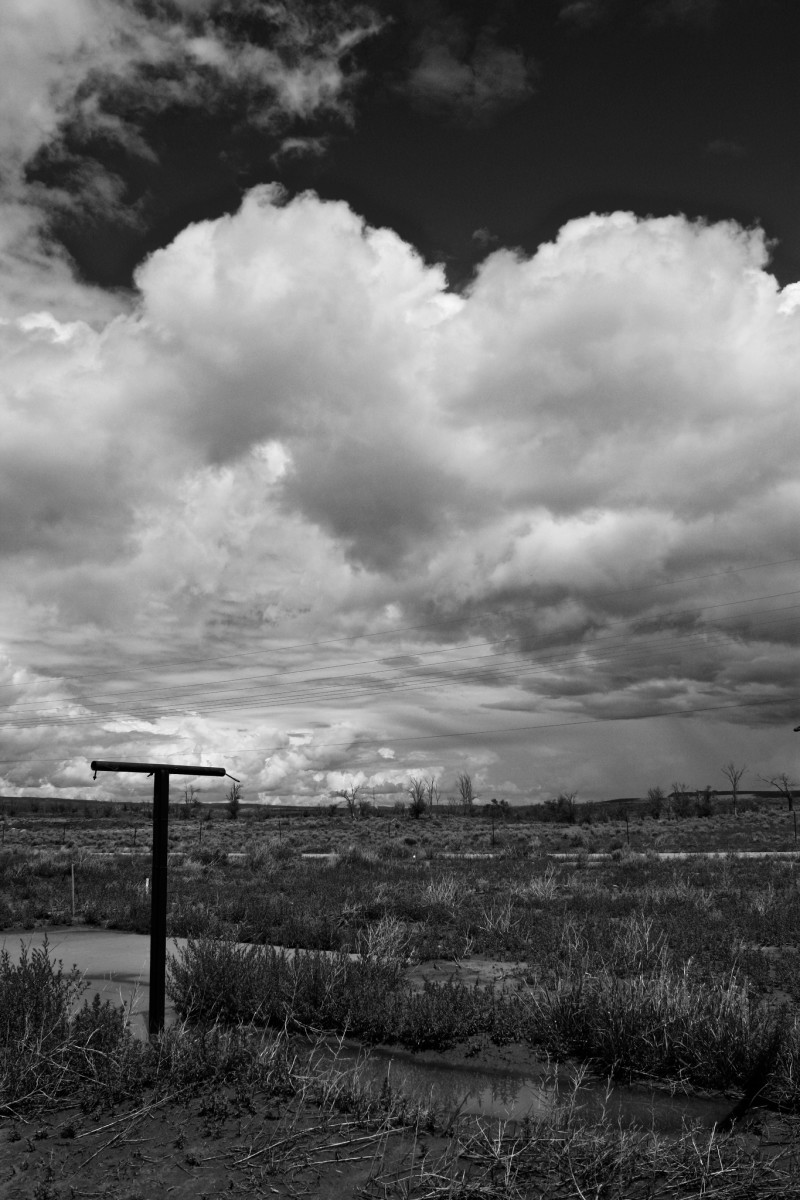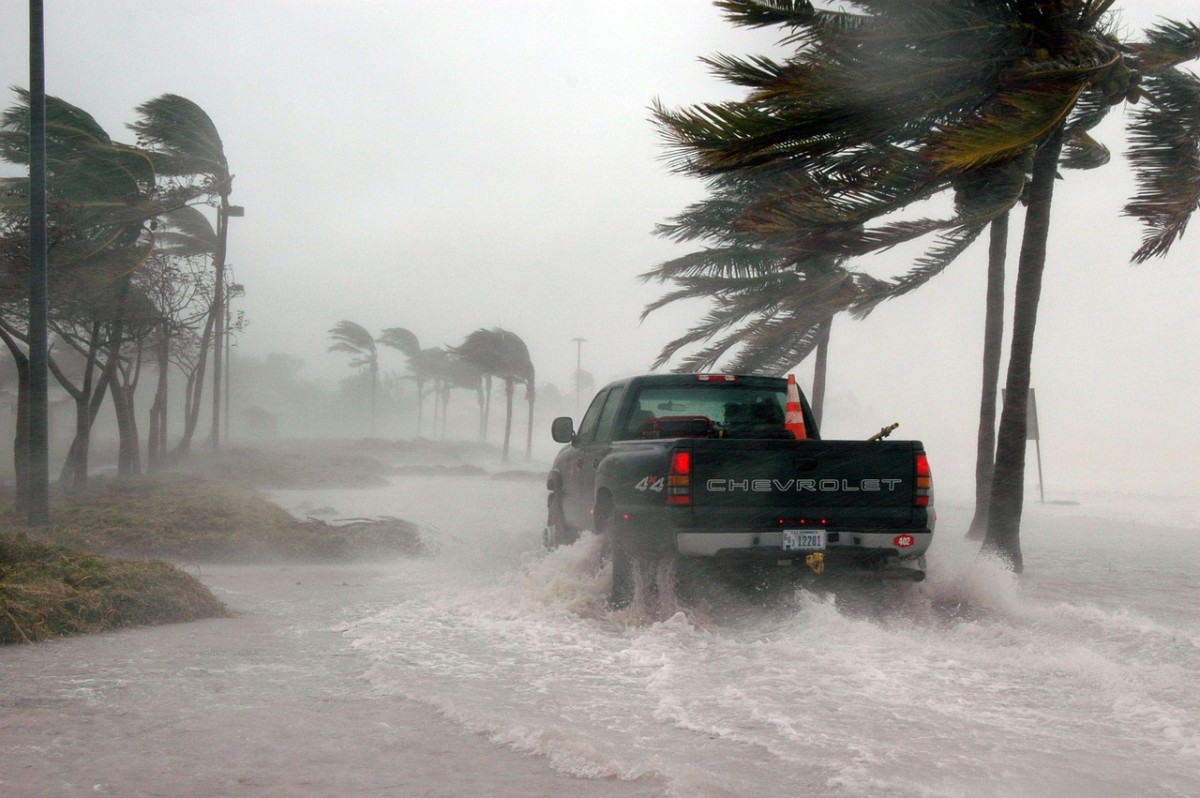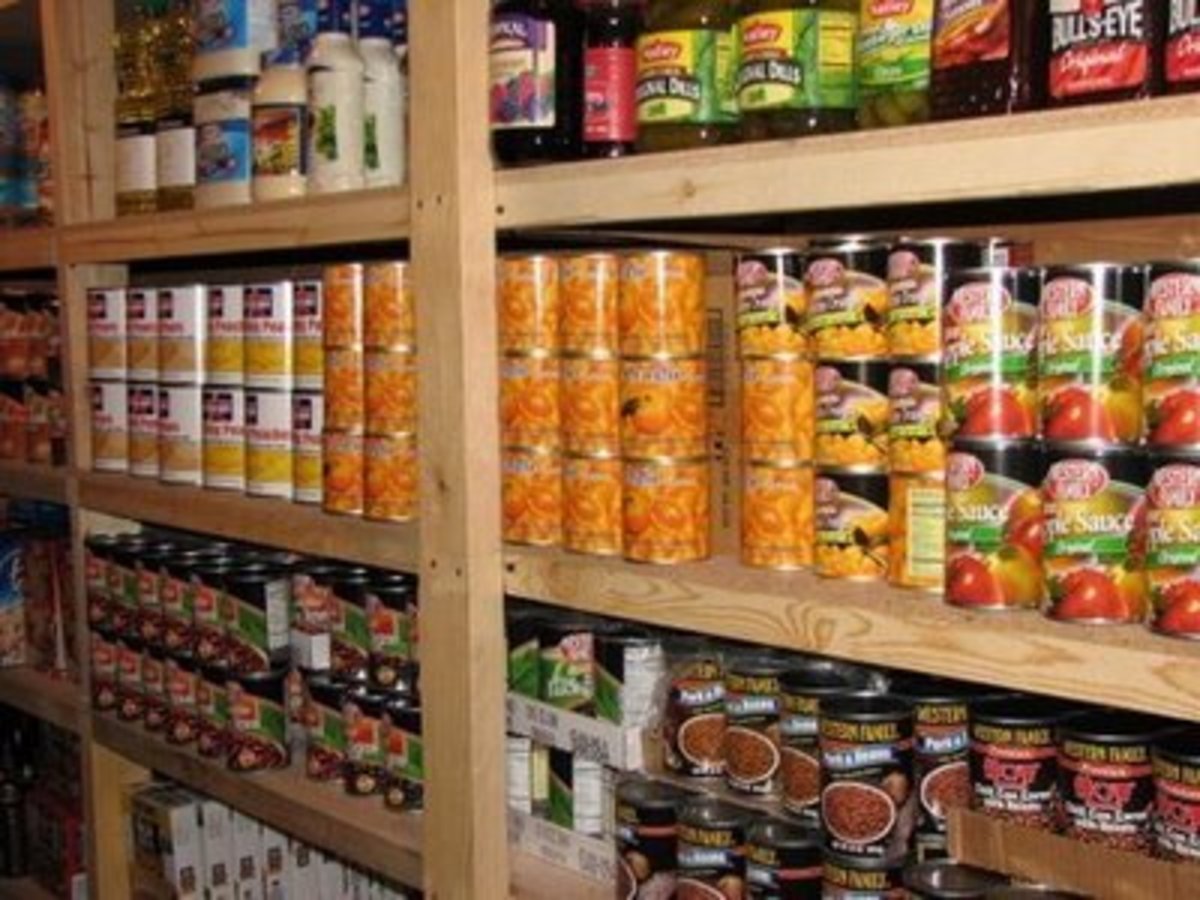Anthony Bryan "Tony" Hayward: Gulf Oil Spill Disaster 2010
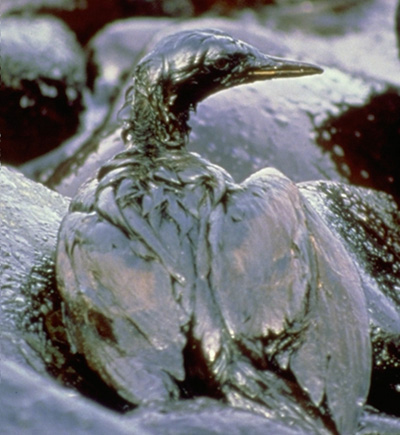
Anthony “Tony” Hayward was born May 21, 1957, and is the Chief Executive of the BP Group (oil and energy company). Tony Hayward replaced John Browne, Baron Browne of Madingley, on May 1, 2007.
Mr. Hayward acquired a first class geology degree from Aston University, in Birmingham, followed by a PhD from the University of Edinburgh. He joined BP in 1982 as a rig geologist in Aberdeen, and quickly advanced with technical and commercial roles in BP Exploration in London, Aberdeen, France, China and Glasgow.
Employment with BP includes: exploration manager (1992), president of BP operations (1995), director of BP Exploration (1997), BP Amoco Exploration and Production group vice president (1999), BP group treasurer (2000), executive vice president (2002), and chief executive of exploration and production (2003). In 2009, Tony was awarded the honorary degree of Doctor of Science from the University of Edinburgh; earning an annual salary of $1,478,385 (as of 6/2010), and his 2008 bonus was approximately $735,245.
On April 20, 2010, eleven (11) people were killed in the explosion on the Deepwater Horizon oil rig, operated by BP. Oil began to spew from the ocean floor at a rate estimated between 5,000 and 100,000 barrels per day. Tony Hayward, and BP in general, initially downplayed the spill, and stated on May 17, 2010 that the impact of the Gulf oil spill would likely be “very very modest” and called the spill “relatively tiny” when comparing the size of the ocean.
However, by May 27, 2010, Hayward changed his assessment and was not calling the spill an “environmental catastrophe” (in an interview with CNN). He also stated his job might be at risk as a result of the spill, and said “we made a few little mistakes early on.” And, on June 5, 2010, the Daily Telegraph reported that Hayward sold approximately 1/3 of his BP shared just a month before the Deepwater Horizon rig exploded.
What affects do oil spills have on animals?
Any birds that come into contact with oil spills are likely to die without speedy rescue. Their feathers get covered with oil and the bird will be poisoned because it will, naturally, try to clean itself.
Animals can die because their body temperature plummets from hypothermia. Oil can cause the death of an animal because it enters the animal's lungs or liver. When this happens, the animal is poisoned by the oil. Oil also blinds animals when it gets into their eyes. They will not be able to see and are unaware of their predators.
Imagine yourself swimming and when you stick your head out of the water to take a breath of air, you instead suck in a mouthful of oil. This is what the fish and other sea creatures face during an oil spill.
When a whale surfaces and opens the blowhole to allow air to enter, the blowhole is plugged with oil and the mammal cannot breathe. Fish also die by eating a fish that swam through the oil. Because the whale or other fish eat a fish that swam through the oil, it will be poisoned and die.
Small Organisms
Often, people do not realize that an oil spill affects every living thing that dwells in the water. Plankton, larval fish and bottom dwelling organisms are strongly affected. Even seaweed, clams, oysters and mussels are affected by oil spills. Off-shore oil spills are the only cause of death of these small living creatures because the ocean is the only home for these small organisms.
Food Chain Devastation
When oil spills kill plankton that specie is in danger of becoming extinct. Then, fish are not able to eat the plankton and they, too, will become extinct. Whales may also become extinct because there won't be any fish to eat. The oil spill wreaks havoc on the entire food chain within an area.
You see, it's what BP doesn't want you to see that is frightening. Underwater currents have pushed the oil all around and it effects the entire food chain – top to bottom.
Because the spill is happening far beneath the ocean surface means much of the devastation will never make it to a beach or the water's surface. Animals will choke to death in oxygen depleted water and sink to the bottom of the Gulf of Mexico. As the microbial population increases, the oxygen will be sucked out of the water and turn areas of the Gulf hypoxic. This massive depletion of low-chain food sources will cause larger and more resilient creatures to starve to death.
Leaving A Mark on Earth
The livelyhood of fishermen, seafood enterprises and their families have become halted. Will they be able to outwait the damage the oil spill has caused? Will the Gulf of Mexico ever re-coop from this disaster? Will our pets begin to die because fish carcasuses are ladened with oil? Will beef, pork and poultry be found inedible because of traces of oil contaminents that have seeped into the earth's soil that farmers rely on to feed the world?
The efforts of many working to reverse man's damaging effects on the earth may have been set back 50 years because of the April 20, 2010 oil rig explosion. Tony Hayward, British Petroleum Chief Executive, suggested the oil spill was very modest. The truth is that every living thing will suffer the devastating effects, and the 2010 Gulf of Mexico oil spill will echo long and loud. Many people hope to leave a mark on the world, and Tony Hayward you have definitely outdone yourself!

